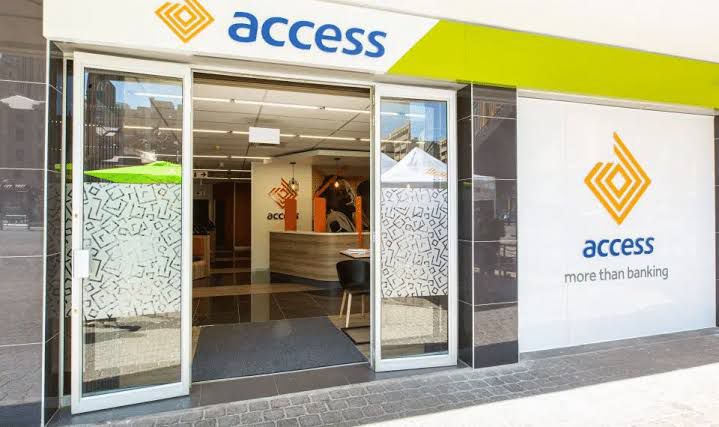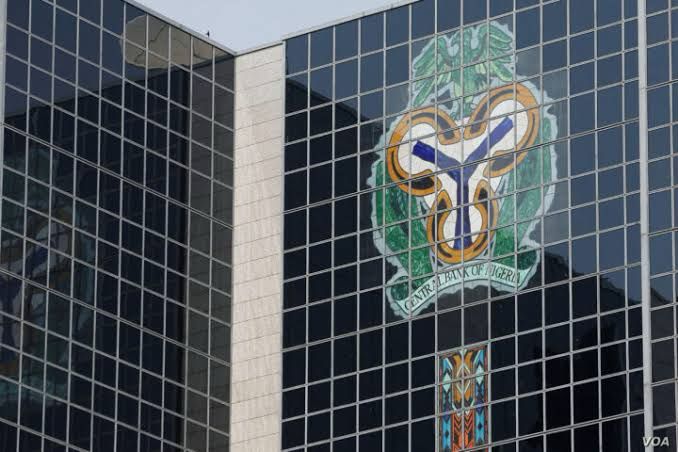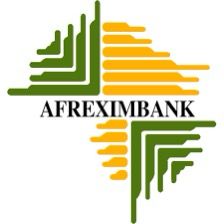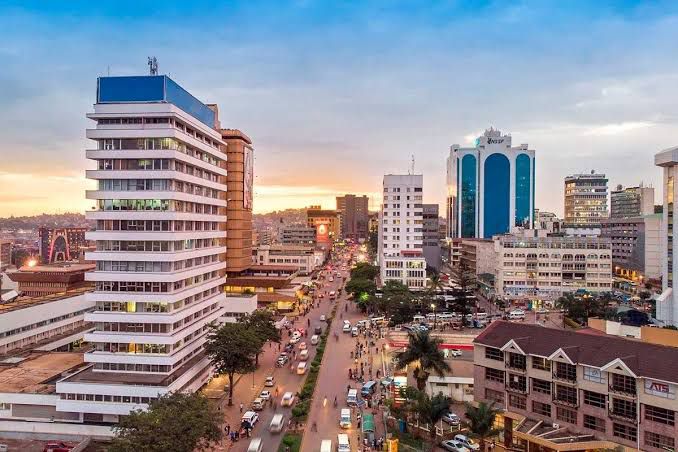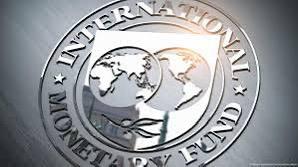Access Holdings Plc, a leading financial services group in Africa, and the banking subsidiary of Access bank, announced on Friday its half-year audited financial results for the period ended June 30, 2025 (H1 2025). The Group reported gross earnings of N2.5 trillion ($1.67 billion), a 13.8% increase from the N2.2 trillion recorded in the comparable period of 2024, demonstrating the Group’s revenue diversification and resilience amidst challenging macroeconomic conditions.
According to the report, the growth in gross earnings was primarily propelled by a substantial rise in interest income, which surged by 38.9% year-on-year to N2 trillion ($1.33billion). Net interest income also saw robust growth, increasing by 91.8% to N984.6 billion ($656.4million) from N513.4 billion in H1 2024.
Additionally, net fee and commission income rose by 16.1% to N237.7 billion ($158.5 million), underlining strong retail banking and digital activities.
Macroeconomic Headwinds & Regulatory Context (H1 2025)
The strong top-line growth must be viewed against the backdrop of significant macroeconomic volatility in Nigeria during the first half of 2025. The banking sector grappled with high-interest rates (27%), a continuation of the Central Bank of Nigeria’s (CBN) contractionary monetary policy aimed at tackling persistent, double-digit inflation (18%).
This environment, while boosting interest income for banks like Access, simultaneously escalated the cost of operations (staff, energy, maintenance, technology infrastructure) and increased the overall cost of funds.

Furthermore, the continuous depreciation and volatility of the Naira’s exchange rate exerted significant pressure. While the previous year saw major foreign exchange revaluation gains across the industry, the market began stabilizing in H1 2025.
Crucially, H1 2025 was dominated by the CBN’s ongoing banking recapitalization exercise, which sets a March 2026 deadline for banks with international licenses to raise their capital base to N500 billion.
Access Holdings, as a proactive Tier-1 player, became one of the first to meet this requirement, successfully completing its N351 billion ($234 million) Rights Issue in August 2024. While this ensures compliance and a solid capital buffer (N600 billion capital base), the resulting significant increase in the number of outstanding shares contributed to a dilution effect, which is reflected in the sharp 23.3% drop in the Profit After Tax (PAT) on a per-share basis.
Despite the strong top-line performance, the Group’s profitability saw a decline, reflecting the high operating cost environment and complex post-acquisition integration work across its banking group subsidiaries.
- Profit Before Tax (PBT) dipped by 8.1% to N 320.574 billion ($213.7 million) in H1 2025, compared to N 348.922 billion in H1 2024.
- PAT also dropped by 23.3%, settling at N 215.916 billion ($143.9 million), down from N281.327 billion in the previous half-year. This notable decline is partly attributed to the dilution of Earnings Per Share (EPS) following the successful completion of the CBN recapitalization-driven capital raise.
The Group attributed the resilient performance to the diversification of its revenue streams and the steady execution of its five-year strategic plan, which focuses on building a globally connected community and ecosystem.

Strengthened Balance Sheet and Subsidiary Contribution
Key balance sheet indicators remain robust. Total assets grew to N42.4 trillion ($28.3 billion), customer deposits reached N22.9 trillion ($15.3 billion), and shareholders’ equity closed at N3.8 trillion ($2.53billion) as of June 30, 2025. The recently raised capital from the recapitalization exercise is being deployed to strengthen digital infrastructure and fuel long-term growth across the Group’s multi-national network.
The H1 2025 results highlight Access Holdings’ aggressive push toward sustainable growth and execution across its expanding ecosystem, even as it navigates the macroeconomic challenges that pressure bottom-line performance across the financial sector.



